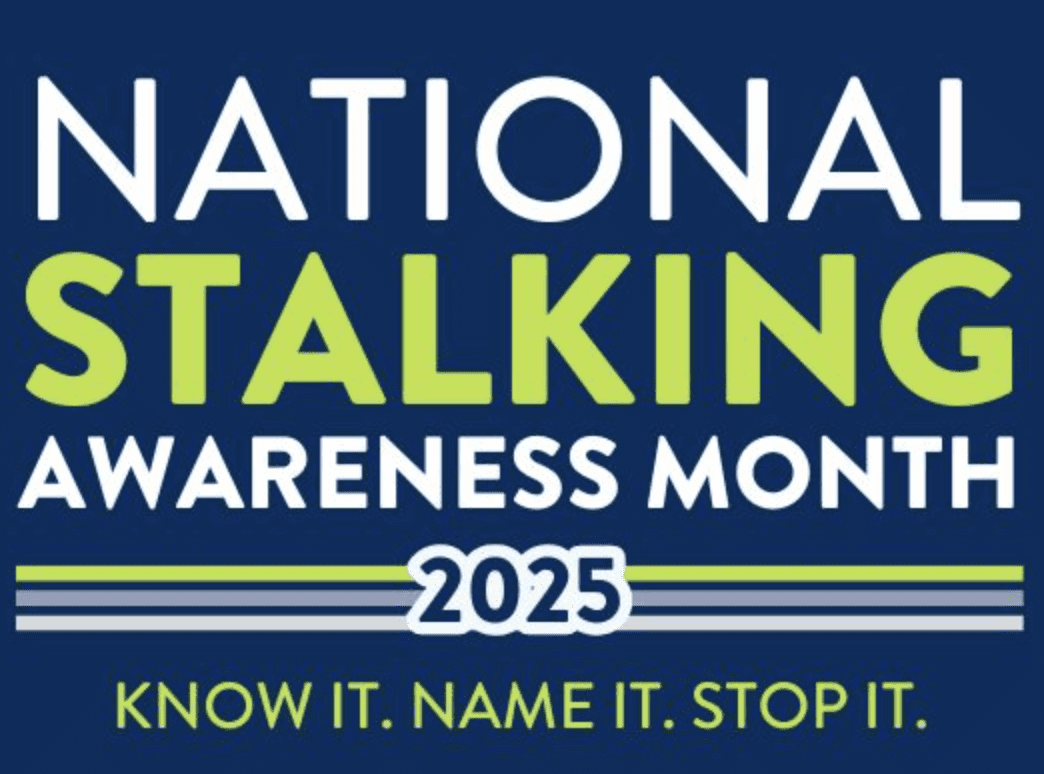By Dr. Daneen Skube
Tribune Media Services
Q. I’m a very inquisitive person and always ask people I work with to tell me why they want things a certain way. My boss is telling me I’m creating a hostile work environment. Is there a problem with asking why? How can I get good information, and why are people upset?
A. Yes, there is problem with asking “why” and, yes, you can get good information without asking “why.” The trouble with the word “why” is it puts people on the spot and makes others feel defensive. Nobody likes anybody who makes them feel like they have to explain themselves.
Try this experiment to find out why the word “why” should be deleted from your office vocabulary. Have a friend sit down with you and start asking the question why about anything you’d like. Then, no matter what your friend’s answer, continue to ask him or her why. See how long your friend lasts before they want to bite you.
For instance, you may ask your friend why she is wearing red. She might say she likes it. Then ask her “why” she likes red. If she says it makes her happy. Ask her why it makes her happy. You can see why it is before long your friend will think you are battering her judgment with your incessant whys.
For the record, I am not saying you are intending to force people to defend their behavior. I am saying that your intention is rarely the experience of people around you at work. People make up stuff every day that is wrong and negative about us and absolutely not what we intend. We end up dealing with their interpretation of our intentions and not our actual intentions.
I’m warning you that if you use the literal word “why” a lot, most people will assume you think they are wrong and dislike you. Once you delete “why” forever more from your office vocabulary, add the following phrases instead to gather information:
How would it help you to do (insert the other’s behavior)? What outcome are you looking for? Could you tell me more about how this would work? What would you want to achieve?
Most people are not huffy when you ask them “how” or “what” questions. If it appears you are seeking data to help others get what they want, then they think you’re their new best friend. By using “how” or “what” you can still get the necessary information you need to excel at your job without making an enemy out of everyone you meet.
Your boss, unfortunately, has probably not had advanced communication training or worked with an executive coach. He or she can see the hostility you have inadvertently generated but didn’t know why you were having problems. Unfortunately, unless our boss is a rare individual, bosses don’t usually have the interpersonal tools to coach us on how to change.
We usually consider it a bad day when our boss tells us something vague, such as that we’re creating a “hostile” work environment. We often walk away from these supervisory meetings feeling like we’ve been told we leave evil in our wake. We never walk away with any game plan about how to change what is happening.
If you want to impress your boss, let her know you thought about her observation and have realized you will be deleting the word why. She will be impressed with your insight, humility and capacity to fix problems that even she couldn’t articulate. You’ll go from the guy creating hostility to the guy creating harmony all with one little change of language!
Daneen Skube, Ph.D., executive coach, trainer, therapist and speaker, also appears as the FOX Channel’s “Workplace Guru” each Monday morning. She’s the author of “Interpersonal Edge: Breakthrough Tools for Talking to Anyone, Anywhere, About Anything” (Hay House, 2006). You can contact Dr. Skube at www.interpersonaledge.com or 1420 NW Gilman Blvd., #2845, Issaquah, WA 98027. Sorry, no personal replies.
(C c) 2014 INTERPERSONAL EDGE



